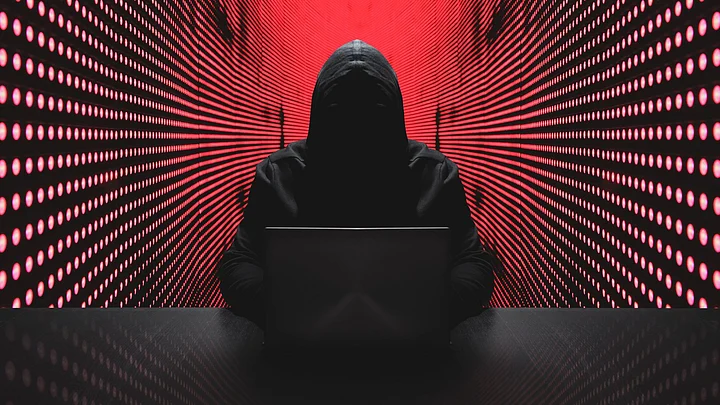All your personal information including your name, email address, credit card numbers, online banking logins can be easily bought for Rs 75,000 (approx) on dark web, reveals a research by Privacy Affairs, a renowned cyber security research firm.
Notable organisations like Mobikwik, Dominos, Microsoft, Air India, BigBasket and even cybersecurity companies FireEye and SolarWinds have all been victims to serious data breaches in the last two years.
But, where does all this leaked information end up? For sale on the dark web of course.
Privacy Affairs investigated how the dark web market has changed and what your personal information is worth.
What is Being Sold on Dark Web?
Privacy Affairs scanned dark web marketplaces, forums, to find out what's trending on dark web.
Here's what is being sold on dark web in 2021:
Cloned Credit Cards and Cardholder Data
Payment Processing Services such as PayPal, Western Union accounts
Crypto accounts
Social Media accounts
Forged Documents – Scans and Physical
Email Database Dumps
Interestingly, the research revealed that the volume of leaked data being sold on dark web has significantly increased compared to last year, with fake ID and credit card vendors reporting sales in the several thousands dollars.
Gmail is Worth More Than A Bank Account
While cyber security experts suggest that credit cards are the most valuable asset for cyber criminals. But, that is not entirely true. The research shows that it’s actually your Gmail account that would in many cases reap a much better financial reward for hackers than a stolen credit card number.
Gmail is the most expensive of all social networks costing $80 on the dark web. Meanwhile, a Facebook account costs $65, Instagram costs $45, and Twitter accounts for $35.
Based on Privacy Affairs’ Dark Web Price Index for 2021, which includes data captured through 9 May, here’s what various credit cards can earn a hacker:
A cloned Mastercard with PIN for $25
Cloned American Express with PIN for $25
Credit card details, account balance up to $1,000 for $150
Credit card details, account balance up to $5,000 for $240
Stolen online banking logins, minimum $100 in account for $40
Stolen online banking logins, minimum $2,000 in account for $120
Walmart account with credit card attached for $14
Hacked (global) credit card details with CVV for $35
Hacked American credit card details, with CVV for $17.
Interestingly, the average dark web price for a hacked Netflix account that includes a 1-year subscription is $44, which is much higher than the subscription for a real Netflix account.
Maltese Passport Expensive Than US Green Card
Privacy Affairs revealed that forged documents available on dark web are highly customizable and with just a few pieces of real information, a criminal could create an entire file of forged official looking documents.
The Maltese Passport ($6500) is almost 50 times more expensive than a fake US Green Card ($150).
Malware Sold on Dark Web
Shockingly, malwares are also being extensively sold on dark web market places.
A malware once installed on devices, gives hackers full access to the machine, which can be used to hijack computer resources via ransomware or to steal information about the user.
Why is This Data Important?
The data revealed on dark web market may not provide the common person with useful insights, but what it tells is how cheap is your valuable personal data, and how easy it is to exploit you.
With the growing supply of personal information on the dark web, the likelihood and occurrence of devastating hacks increases every day.
"The reality is that hackers rarely resort to targeting specific people. With the sheer quantity of data available for purchase, they just need to play the numbers game, and if you don’t protect yourself, you’ll be the one paying the price", points Zachary Ignoffo, data privacy specialist, consumer psychologist, and foreign policy researcher.
It is worth noting that if your data is leaked once, it will likely be available on the dark web forever.
(At The Quint, we question everything. Play an active role in shaping our journalism by becoming a member today.)
